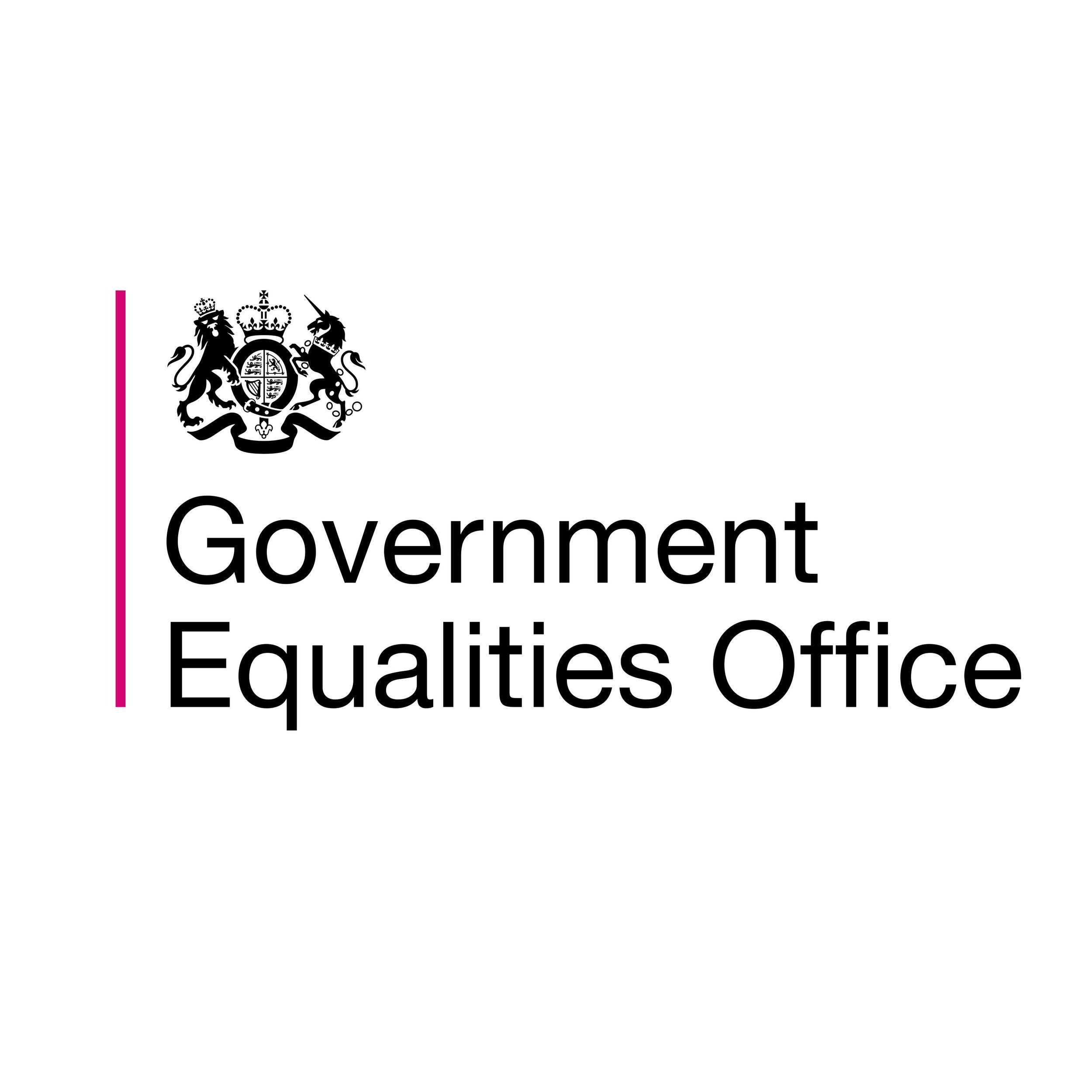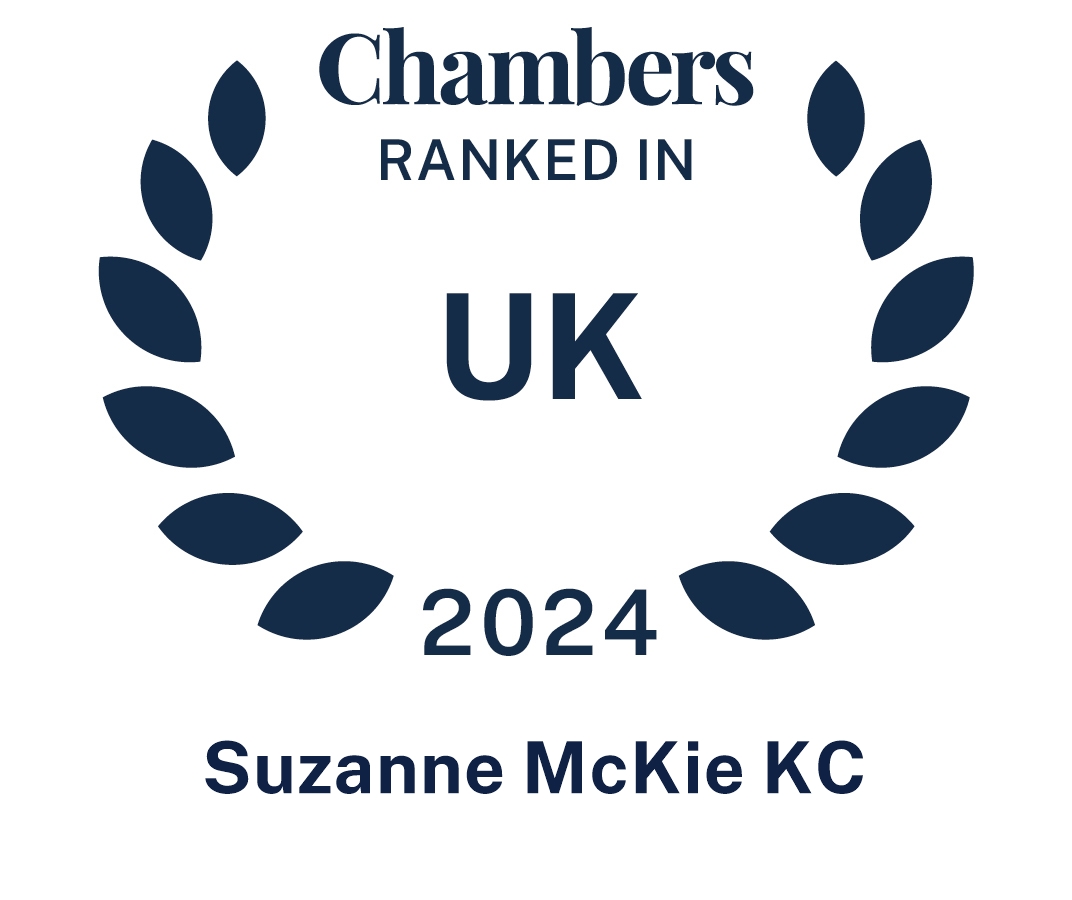
4 October 2019
|Workplace Bullying
Media
Sexual Harassment
Sexual Misconduct / Harassment
Participation in government consultations/enquiries
Government Consultations
Farore Law submits response to Government consultation on workplace sexual harassment
Farore Law has submitted its own response to the UK’s Government’s Consultation on Sexual Harassment in the Workplace. The Consultation seeks to explore whether the current laws on protecting people from sexual harassment in the workplace are effective.
Farore Law’s response was submitted in its capacity as a representative body, and our feedback included the following points:
-
We believe that a preventative duty on employers to prevent harassment at work may encourage the removal of more perpetrators from the workplace. A preventative duty would encourage a cultural shift away from the tendency to ‘victim blame’, and reflect the unacceptability of the perpetrator’s behaviour as the prima facie response to a complaint of sexual harassment within the workplace.
-
We agree with the dual enforcement of the preventative duty by both individuals and the EHRC. However, we are concerned about the apparent assumption that the EHRC has the resources to bring such claims forward. The reality is that the EHRC is not extensively funded and this will require it to prioritise cases.
-
We believe that when an individual brings a claim based on a breach of the proposed preventative duty, the compensatory model should mirror the existing TUPE provisions and allow for up to 13 weeks’ gross pay in compensation, provided that it has no impact on the damages that a victim may seek for the actual harassment that they have suffered. We are also of the view that 13 weeks’ gross pay is not sufficiently punitive, and so suggest that such damages should be based on what the losses actually are.
-
As to alternative or supporting measures that would help incentivise employers to establish measures to protect employees from sexual harassment, we suggest the following:
-
higher damages;
-
the creation of a public sexual harassment register; and
-
alternative dispute resolution based on the family courts’ approach.
-
-
We agree that employer liability for third party harassment should be triggered without the need for an incident, but only in certain circumstances. These circumstances should depend on the knowledge of the employer, what the employer knew at the pertinent time, and what they did to address it.
-
Our view is that it is abundantly clear that volunteers and interns should receive equal protection under the Equality Act. Furthermore, we see no negative consequences to expanding the Equality Act’s workplace protections to cover all volunteers. Employers may regard the expansion of such protections as a negative, but Farore Law maintains that the overriding consideration must be for the individual victims.
-
We maintain that a 3-month time limit for bringing an Equality Act claim to an Employment Tribunal is insufficient for the following reasons (amongst others):
-
It is unreasonable to expect claimants to rely on an discretional extension which may or may not be given in cases that clearly merit additional time.
-
Given the nature of harassment claims, the unfitness and/or unavailability of claimants during the relevant time is often likely to last more than 3 months.
-
Certain harassment cases will involve the police due to an assault element. It is nonsensical to require the relevant individuals to act so soon when their case will be stayed during the investigatory period.
-
A longer time limit may prove helpful to employers. For instance, a potential claimant may use the additional time to obtain another job and decide not to proceed with the case in light of their new role and responsibilities.
-
-
We believe that there are no grounds for establishing a different time limit for particular types of claim under the Equality Act. We know of no compelling reason why sexual harassment should have a longer limitation period than other equally serious claims, such as racial or disability discrimination. Claims concerning protected characteristics should enjoy equal levels of certainty and contemplation. Farore Law therefore submits that all time limits should be 1 year as to impose such distinctions would be unfair and/or impractical.
-
As to further interventions that the Government should consider to address the problem of workplace sexual harassment, we suggest the following:
-
tighter rules surrounding the suspension of alleged perpetrators, such that the failure to suspend in good time can form a standalone claim;
-
greater corporate governance of staff, and a widening of the remit of vicarious liability so that it captures extreme behaviour in environments not typically related to the employment setting;
-
better training for HR staff when it comes to issues of workplace sexual harassment, with enhanced training in organisations that employ over a certain number of people (to be defined);
-
the introduction of mandatory and regular public comment from employers about their attitudes to workplace sexual harassment and the preventative measures that they have installed to address it; and
-
enhancement of regulators’ power to intervene and investigate regulated individuals.
-
Note that the above is only a summary of our feedback.






